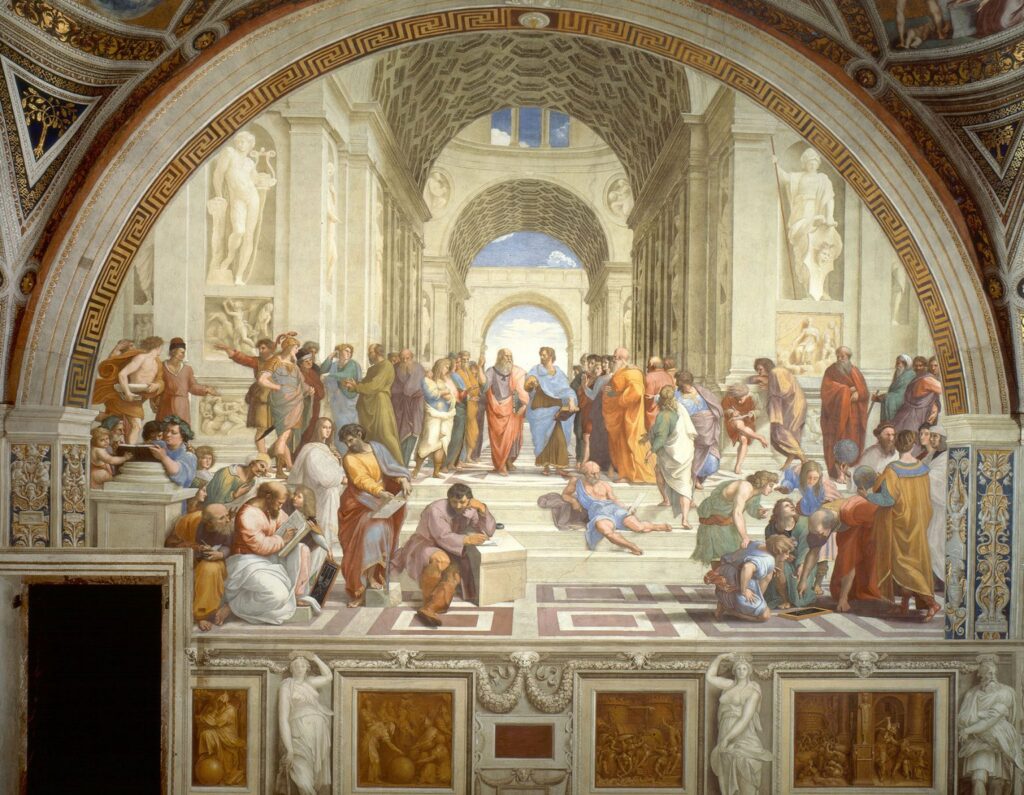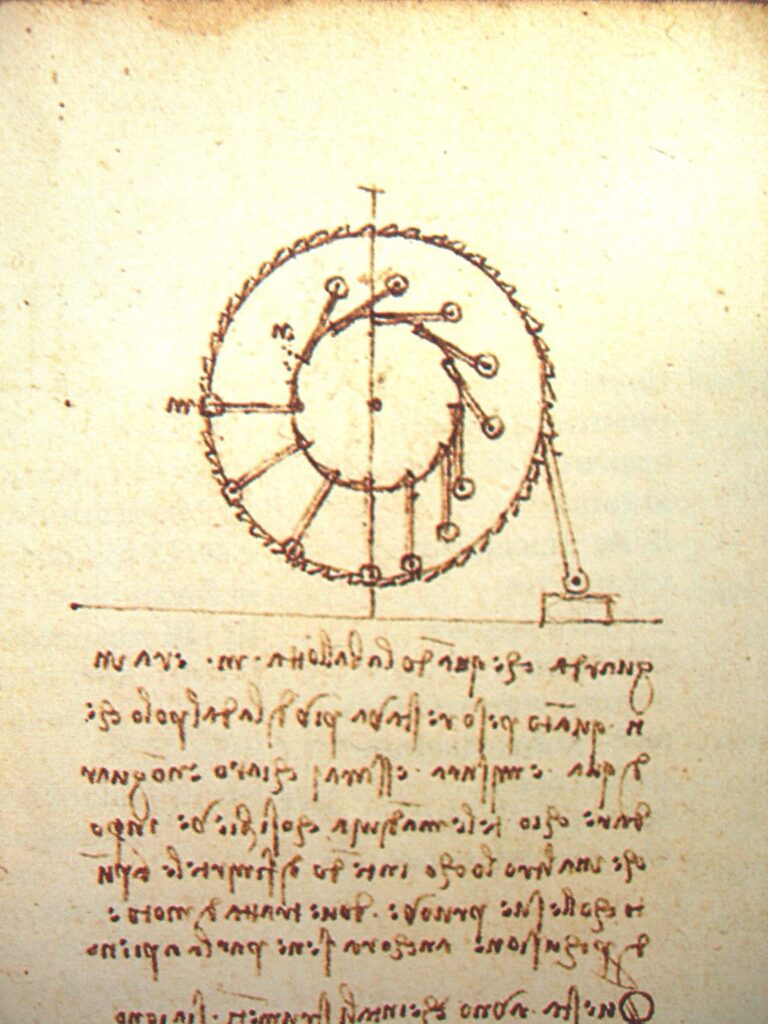Thank the Greeks for technology
Did you know that the word technology has its origins in the Ancient Greek word, techne? Over 2000 years ago the Ancient Greek natural philosopher Aristotle (384–322BC) used the term techne in his teachings to describe the crafts and sciences, most notably through mathematics. The concept of science in this ancient world view focused on […]
Thank the Greeks for technology Read More »


